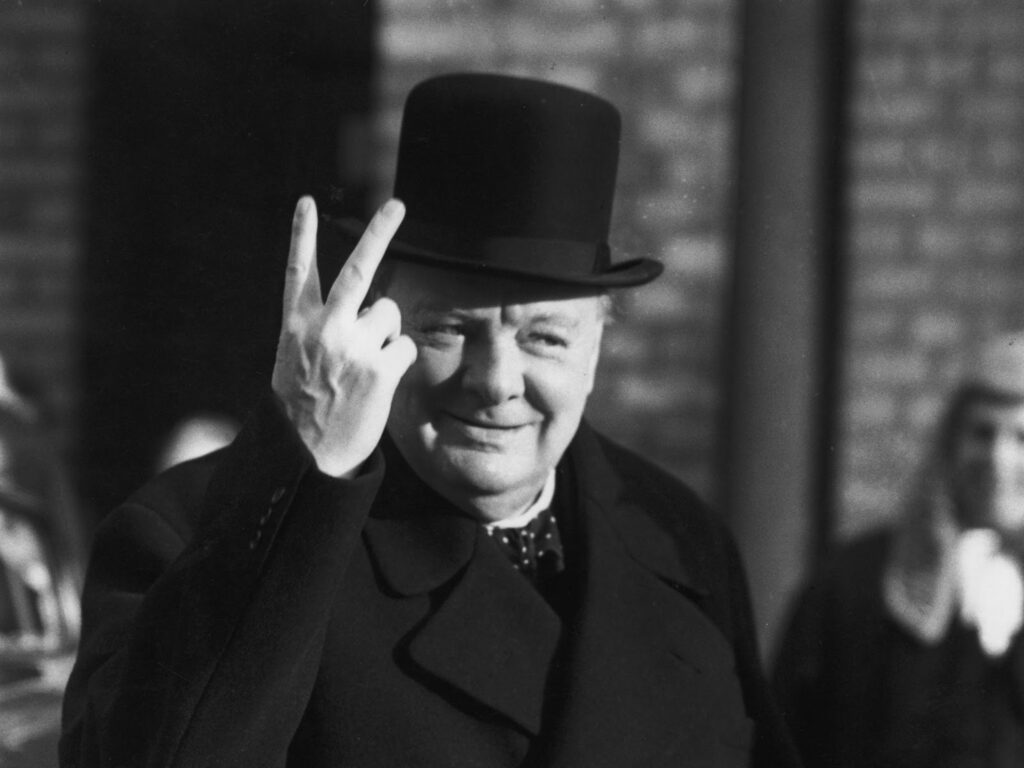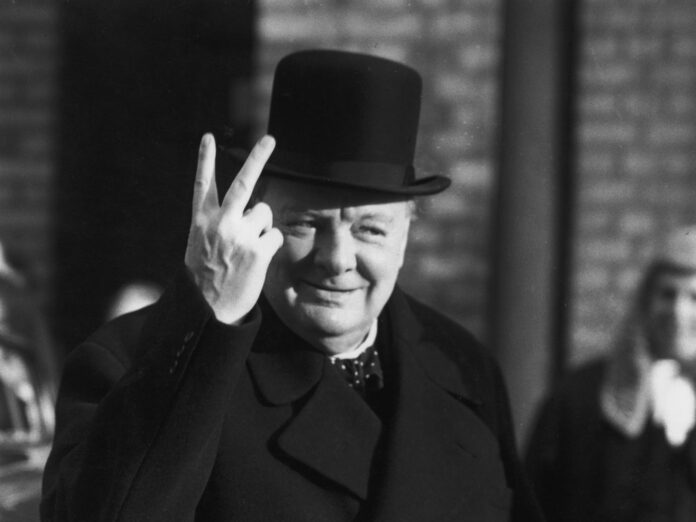SC Refers To Winston Churchill’s ‘Unpaid Debt’ To Bangalore Club In Wealth Tax Judgment

Bengaluru/New Delhi: Sir Winston Churchill, the tough prime minister of the UK who led his nation in the Second World War, has a debt burden of Rs 13 – the money that he owed to the posh 152-year-old Bangalore Club. Though it was written off by the Club as “irrecoverable debt” in 1899, it resurfaced in a Supreme Court judgement on Wednesday.
The Supreme Court, while disposing off a wealth tax case against the club, brought in Churchill through an interesting anecdote. The bench, headed by Justice RF Nariman and comprising Justices Navin Sinha and Indira Banerjee said:
“In the year of grace 1868, a group of British officers banded together to start the Bangalore Club. In the year of grace 1899, one Lt. W.L.S. Churchill was put up on the Club’s list of defaulters, which numbered 17, for an amount of Rs 13/- being for an unpaid bill of the Club. The “Bill” never became an “Act.” Till date, this amount remains unpaid,” Justice RF Nariman observed in his part of the judgment.
“Lt. W.L.S. Churchill went on to become Sir Winston Leonard Spencer Churchill, Prime Minister of Great Britain. And the Bangalore Club continues its mundane existence, the only excitement being when the tax collector knocks at the door to extract his pound of flesh,” the court added.
Churchill came to Bangalore in 1896 when he was a lieutenant in the 4th Hussars stationed in the Bangalore cantonment area. Since it was an all-white men club, he became a member of the club.
According to Bangalore Club’s website, Winston Churchill played polo and read a lot of books at the club during his time as a member and also spent considerable time “courting” an English woman named Pamela Plowden, who later went on to become Lady Lytton.
Three years after his stay in Bangalore, Churchill left for war in the then North-West frontier, now in Pakistan. When he left the city, he also left behind a debt of Rs 13 that he owed to the club, which was subsequently written off as “irrecoverable debt” in 1899.
It was this bill that the apex court was referring to.
Wednesday’s case pertained to an appeal filed by the Club in the Supreme Court against the Karnataka High Court’s decision that the club had to pay wealth tax under Section 21AA (Assessment when assets are held by certain associations of persons) of the Wealth Tax Act, 1957.
The judge allowed the appeal by Bangalore Club, stating that the club is a social club where the members do not band together for any commercial or business purpose of making income or profits and so the section does not get attracted at all.





















































